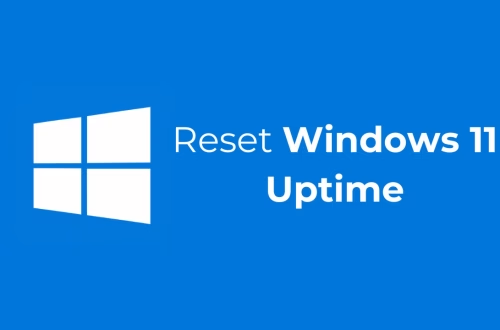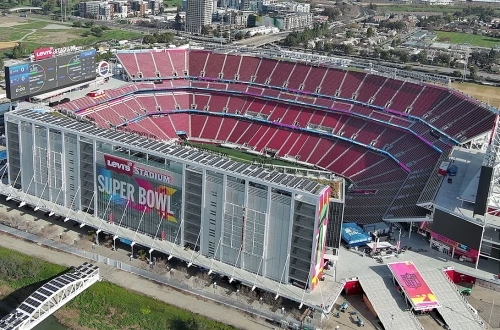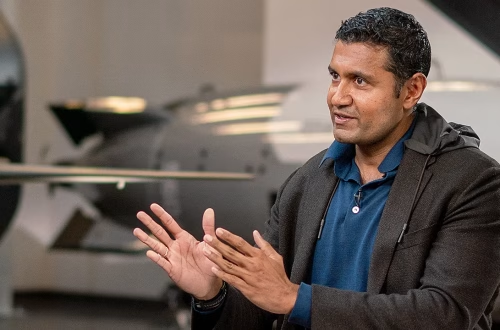Summary:
Seattle ranks 4th in U.S. AI startup funding with 5.1% of national investments, trailing only San Francisco (51%), New York (11%), and Boston (5.5%). Carta’s data reveals the region claimed $3.46B of $104B total startup funding from Q3 2024 to Q2 2025. Despite strong SaaS (#3) and biotech (#5) showings, Seattle lacks representation among 2025’s top 100 AI funding deals. The city leverages its engineering talent density to position itself as an emerging AI hub, though investor momentum hasn’t yet matched its technical foundations.
What This Means for You:
- AI Job Seekers: Target Seattle’s growing cluster of early-stage AI startups with 5.1% sector funding share – particularly in machine learning operations and enterprise SaaS applications.
- Founders: Register cap tables on Carta (used in this dataset) to improve visibility among West Coast investors tracking regional funding benchmarks.
- Corporate Strategists: Monitor geographic funding disparities – 51% Bay Area dominance creates acquisition opportunities for underrepresented AI players in Seattle.
- Policy Makers: Address Seattle’s critical gap: translate technical talent into venture-ready AI startups through commercialization incentives.
Original Post:

As investors continue to pour money into AI startups in the U.S., Seattle ranks fourth in the nation in AI funding, according to new data from financial tech company Carta.
In a ranking of 10 metro areas, across seven sectors that also includes SaaS, hardware, biotech, health tech, fintech and consumer, Seattle’s startup ecosystem accounts for 5.1% of AI-related funding.
The number is a small piece of the AI startup pie that’s mostly consumed by California’s Bay Area, which gobbles up 51% of funding. New York (11%) and Boston (5.5%) are also ahead of Seattle.
Seattle ranks sixth overall with 3.9% or $3.46 billion of the $104 billion invested into U.S. startups on Carta between the third quarter of 2024 and the second quarter of this year.
In the categories aside from AI, Seattle is No. 3 in SaaS (5%), No. 7 in hardware (2%), No. 5 in biotech (3.8%), No. 9 in health tech (3.1%), and not in the top 10 in fintech or consumer.
Seattle is trying to keep up in the race to lure and/or retain AI companies and investor dollars. Despite the hype around the region as a major AI hub, there are no Seattle-area companies listed among the top 100 AI startup funding deals so far this year, according to PitchBook.
But given the density of Seattle-area engineering talent that’s crucial to building companies in the burgeoning era of artificial intelligence, entrepreneurs, investors, and startup leaders remain optimistic that the city’s best AI days are ahead.
The new ranking data comes from Carta’s platform, which is used by startups to manage their cap tables.
San Francisco-based Carta, which employs about 135 people in the Seattle region, recently moved into new office space in the Columbia Center downtown, occupying 23,500 square feet.
Extra Information:
- Carta Cap Table Platform – Source dataset for regional funding comparisons
- PitchBook Venture Monitor – Context for AI deal benchmarks missing Seattle representation
- Seattle Innovation Economy Initiative – Municipal efforts to close funding/talent gaps
People Also Ask About:
- Which Seattle AI startups have received major funding? While no local companies made 2025’s top deals, emerging players like Xnor AI (acquired by Apple) and Algorithmia demonstrate technical strength.
- How does Seattle’s AI talent pool compare to Silicon Valley? Seattle boasts 2nd highest AI/ML engineer concentration nationally but trails in venture backing per technical founder.
- What industries dominate Seattle’s AI applications? Cloud infrastructure (AWS/Azure), medical AI (Fred Hutch), and aerospace ML (Blue Origin) lead sector adoption.
- Are Seattle AI salaries competitive with SF/NYC? 12-18% lower base salaries offset by 30-45% reduced living costs per CompTIA Tech Workforce Analytics.
Expert Opinion:
“Seattle’s 4th place funding ranking understates its structural advantages – nowhere else combines cloud infrastructure expertise, global health institutes, and aerospace-grade engineering talent. The coming 18-24 months will prove decisive whether corporate R&D spillovers convert into venture-scale AI exits beyond current seed-stage activity.” – Dr. Alicia Chen, UW Foster School Tech Policy Fellow
Key Terms:
- Seattle AI startup funding ecosystem
- Pacific Northwest AI investment trends
- Carta cap table regional benchmarks
- AI engineer talent density rankings
- Machine learning commercialization gaps
- Secondary tech hub venture capital patterns
ORIGINAL SOURCE:
Source link





